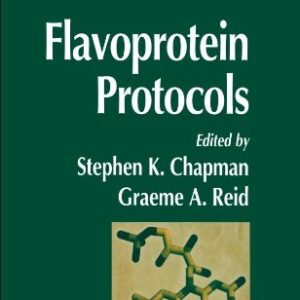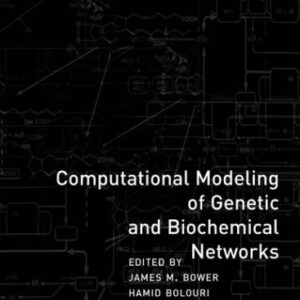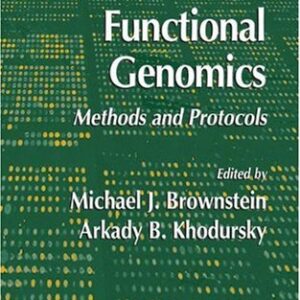The immune response is largely dependent on molecular inter? actions involving proteins. The recognition of antigen molecules, whether they are proteins or non-proteins, whether they are self or non-self, takes place at the molecular-cellular interface through membrane receptor molecules that are proteins. The initial step of recognition activates a complex series of cellular events requiring some mechanism of cell-cell interactions and communi? cations, eventually leading to antibody production. This biolo? gical cascade is controlled at several positions along its con? secutive pathways by protein molecules, either in the free form or as receptors on membranes of cells committed to this activity. Clearly, then, the proper understanding of the response by cells of the immune system will depend, to a great measure, on the definition of the molecular events involving protein interactions. Obviously, cells work via molecules and molecules work via cells and, at this level of functional resolution, molecular immunology and cellular immunology will merge and will depend heavily on protein chemistry.
Biology
[PDF] Immunobiology of Proteins and Peptides?II Robert H. Swanborg, James H. Holda, Joyce A. Killen (auth.), M. Z. Atassi (eds.)
$19.99

![[PDF] Immunobiology of Proteins and Peptides?II Robert H. Swanborg, James H. Holda, Joyce A. Killen (auth.), M. Z. Atassi (eds.)](https://pdfelite.com/wp-content/uploads/2024/04/2ed88f885213b7397f0e966a9c706d9a-d.jpg)




Reviews
There are no reviews yet.